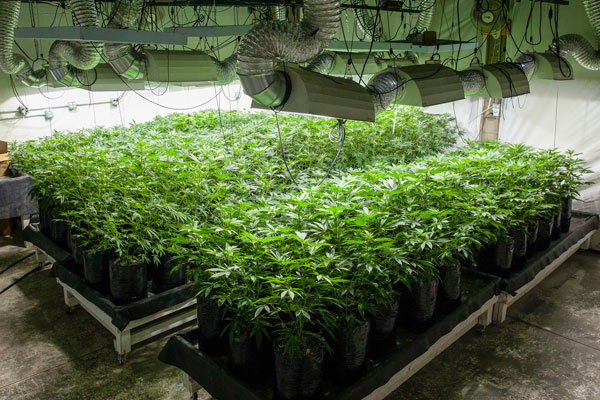
It is impossible to ignore… Colorado has legalized recreational marijuana. And while state law recognizes recreational marijuana as legal, federal law currently does not.
According to the Denver Post, of the ten largest cities (by population) in the State of Colorado, only Denver is currently accepting license applications for recreational pot stores. The majority of counties have postponed making a decision and instead are watching closely to see how enactment is working in other parts of the state.
Home buyers are concerned how legalized recreational marijuana use will affect their purchase of residential real estate. Will it affect the neighborhoods where pot shops might open up? Will it affect crime? Traffic? Property values? It’s important to note that as of this writing, grow operations are only allowed in areas zoned industrial.
However, this new law does allow for in-home cultivation of up to six plants and that is the area of concern for residential real estate. If there is evidence of an extensive grow operation, buyers need to be aware that there is potential for widespread mold. Under this new buyers need to have an increased level of awareness during the inspection.
According to Colorado Inspection Services, large scale in-home growers cut holes in ceilings to allow for ventilation and to run water lines. They also change the duct-work and rewire the house to accommodate higher voltage grow lights. You should pay special attention during the inspection to unsafe wiring, over-sized fusing, damaged fixtures, holes for vents and electrical access, wood rot, rusted gas appliances, damaged vents, and mold from venting to interior, attic or crawlspaces.
Investor/landlords will also have to pay close attention to their rental properties and the behavior of their tenants. While personal pot use is legal, pot use on a rental property may result in violations in loan covenants relating to “illegal activities”, or issues with hazard insurance coverage.


